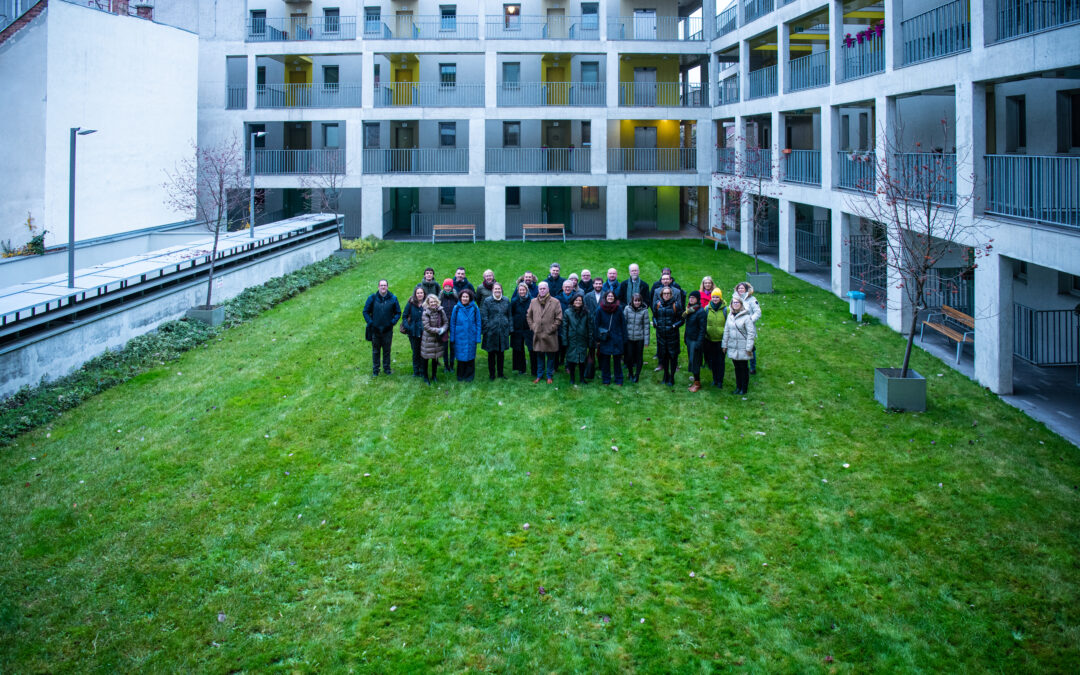Within the first session on how to secure the stakeholders engagement, the goal was to jointly work with the fellow cities in developing their stakeholder’s engagement plan. For this, the fellow cities were invited to validate the identified stakeholders and the value proposition for them to join the local innovation atelier. Afterwards, they were invited to define a stakeholder engagement plan based on the expected contribution, value proposition, and expected outcome. At the end of the session, each fellow city presented the main outcomes and explained how they are planning to engage stakeholders in their innovation atelier.

A discussion led by TNO covered important issues related to District Heating by providing short presentations on general experience. In addition, the director of the District Heating Company of Krakow, who was present as part of the Krakow team, shared a practical example. Afterwards, Deputy mayor of the 13th district of Budapest, Gergely Csiga, introduced the group to the first site which was located at passive social residential buildings of the 13th district, followed by a visit to the second site at Vizafogo eco-intensive public park.
Another session on the topic of energy communities practices led by ATELIER partner TNO focused on lessons learnt and best practices in terms of governance, integrated planning and law. Furthermore, important questions have been raised such as: How to organize an Energy Community? Do you need an Energy Community for establishing a PED? What does it require from legal, local policy makers? In addition, the session on energy communities provided the opportunity for new inspiration and for identifying shared challenges and obstacles along the way.
We are looking forward to the next cities meeting in March in the Fellow City of Bratislava in Slovakia!
Author: Sofija Kovacic, Steinbeis Europa Zentrum
Picture Credit: Rania Ruzsa / Municipality of Budapest




